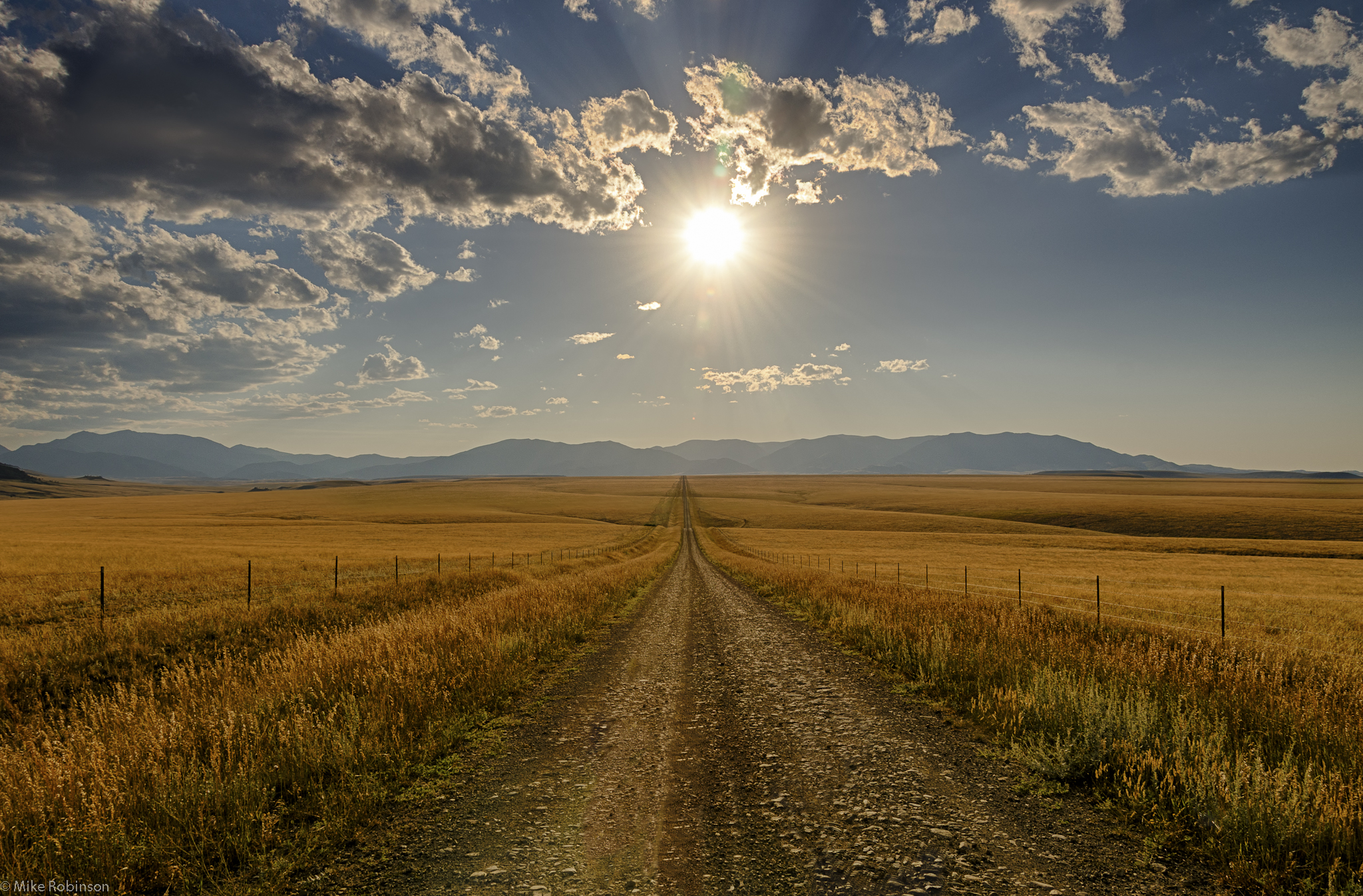Just beyond my sight,
Something that I cannot see,
I've been circling around a thought,
That’s been circling around me.
Like the vapor of a song,
That is just out of earshot,
And I thought I knew the question,
But I guess not.
Chorus:
There it is just below the surface of things,
In a flash of blue, and the turning of wings.
Drain the glass, drink it down, every moment of this,
Every little bit of it!
I swam against the tide,
I tripped on my own pride,
So I'll try again today,
To get out of my own way.
The face was always in the stone,
Said Michelangelo,
You just have to chip and clear,
To see what is already there.
There it is just below the surface of things,
In a flash of blue, and the turning of wings.
Drain the glass, drink it down, every moment of this,
Every little bit of it!
There it is in the apple of every new notion,
There it is in the scar healed over what was broken,
In the branches, in the whispering, in the silence and the sighs,
And the curious promise of limited time!
It's true although it’s hard,
A shadow glides over the ridge.
And one fast beating heart,
Tries with all its might to live.
We sense but can’t describe,
From the corner of our eye
Something nameless and abiding,
And so we keep transcribing.
There it is just below the surface of things,
In a flash of blue, and the turning of wings.
Drain the glass, drink it down, every moment of this,
Every little bit of it, every little bit!
 "Every Little Bit of It" [sung poem], words and music by Carrie Newcomer. © 2014.
"Every Little Bit of It" [sung poem], words and music by Carrie Newcomer. © 2014.Art credit: Music composed and performed by Carrie Newcomer, together with her musical collaborators. From her album A Permeable Life, produced and engineered by Paul Mahern. © Available Light Records, 2014. Video uploaded on January 26, 2014.
Note: If you can't see the viewer above, click here to watch.



















.jpg)














